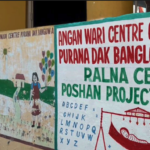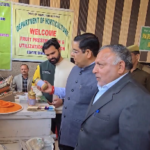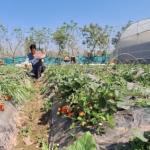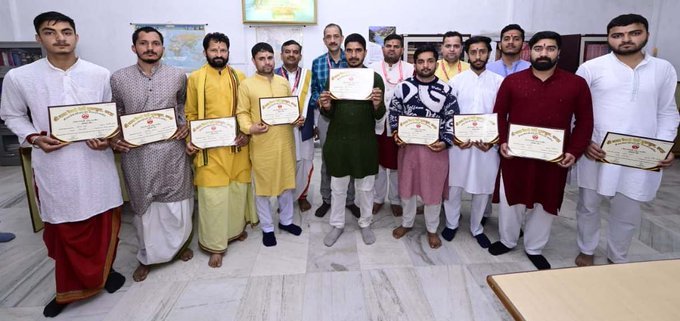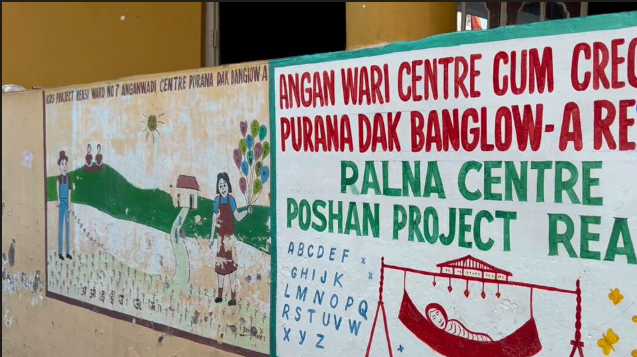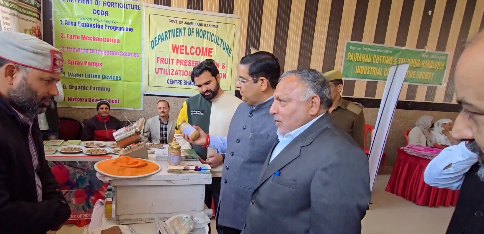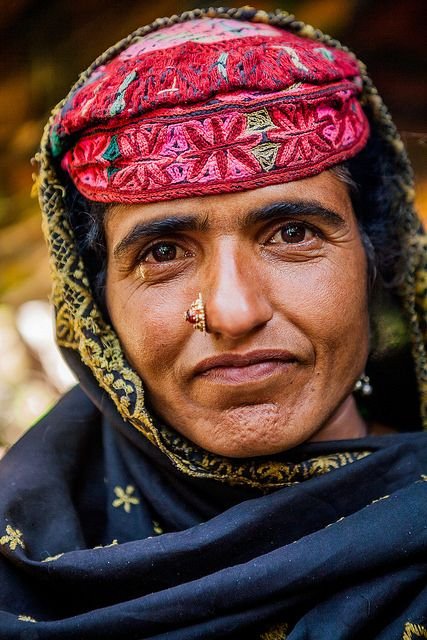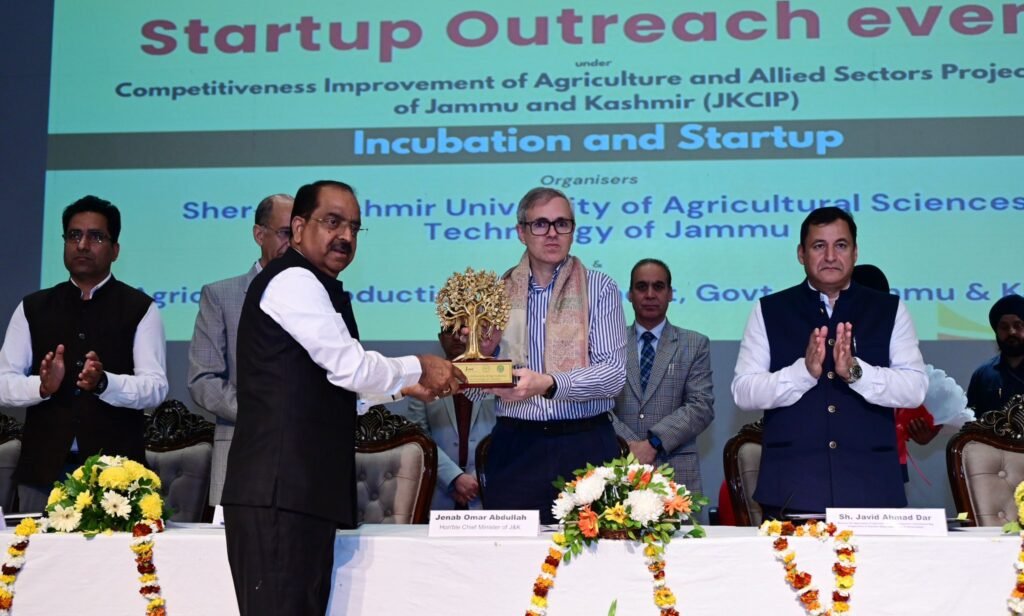Pulwama, September 11,2025:In a significant step towards strengthening the apiculture sector in Jammu and Kashmir, the CSIR–Indian Institute of Integrative Medicine (IIIM) Jammu distributed 430 apiculture units to 43 farmers from Pulwama, Baramulla, Budgam, Shopian, and Ganderbal districts under the CSIR Floriculture Mission at its Field Station, Bonera, Pulwama. The distribution marked the culmination of a 10-day programme on “Entrepreneurship Development and Farmer Empowerment through Capacity Development.”
The event was graced by Dr Basharat Qayoom, IAS, Deputy Commissioner Pulwama, as Chief Guest along with Dr Zabeer Ahmed, Director CSIR IIIM, Er Abdur Rahim, Head CSIR IIIM Branch Lab Srinagar, and Dr Shahid Rasool, Principal Scientist & Incharge CSIR IIIM Field Station Bonera. Around 80 farmers, agri-entrepreneurs, researchers, and eminent citizens participated.
Highlighting the significance of the initiative, Dr Basharat Qayoom said that apiculture has vast potential in Pulwama and across Kashmir due to the region’s nectar-rich floral biodiversity. He lauded CSIR IIIM’s efforts in promoting rural livelihood upliftment, bio-entrepreneurship, and agri-based income generation opportunities. He also congratulated CSIR IIIM scientists for developing India’s first monofloral Lavender Honey, which has placed Pulwama on the global map of speciality honey production. The novelty honey, he informed, will be registered for Geographical Indication (GI) tagging.
In his presidential address, Dr Zabeer Ahmed reaffirmed the institute’s commitment to farmer-centric innovations and sustainable economic growth. He emphasized that apiculture not only generates direct income but also improves crop pollination efficiency, enhancing overall agricultural productivity.
Er Abdur Rahim underlined the market prospects of honey and apiculture products, stressing that adopting scientific protocols in beekeeping will help farmers achieve higher quality produce that meets national and international market standards.
Earlier, Dr Shahid Rasool provided an overview of the CSIR Floriculture Mission, explaining its focus on region-specific commercial floricultural crops and their integration with apiculture to maximize farmer income.
The programme also featured technical demonstrations on modern beekeeping, disease management, and integration of apiculture with floriculture. As part of the initiative, 430 honey bee boxes, technical manuals on scientific beekeeping, and certificates were distributed among the 43 trained beneficiaries.
The event concluded with an interactive session between scientists and farmers, aimed at strengthening collaboration for future apiculture and floriculture ventures.



